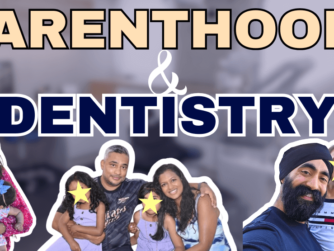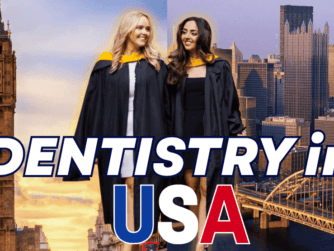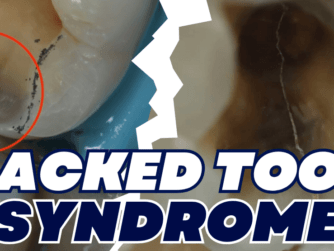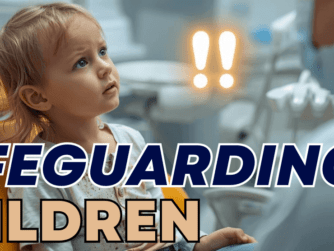Podcast: Play in new window | Download (Duration: 43:17 — 62.6MB)
Subscribe: RSS
THIS is the most impactful interview podcast I have published in almost 6 years of podcasting.
Do you resent bringing your work home with you (treatment plans, letters, CT scans)?
Do you struggle with work-life balance?
Do you have days where you feel unfulfilled?
The honest advice and mindset from Jorge Andre Cardoso might just change your career and YOUR LIFE. This is the real deal, Protruserati!
As Stress Awareness Month continues, we’re taking a close look at the challenges dentists encounter, from making clinical choices to achieving work-life harmony.
Protrusive Dental Pearl: Explore Jorge Andre Cardoso’s Cementation Guide. This resource allows you to access specific protocols tailored to your needs by simply selecting the type of abutment, retention type, and the cement restorative material you plan to use.
Highlights of this episode:
- 02:39 Protrusive Dental Pearl
- 03:41 Catching Up with Jorge Andre Cardoso
- 05:50 Jorge Andre Cardoso’s Introduction
- 08:32 Practice Ownership: From Stress to Success in Dentistry
- 13:17 Balancing Clinical Work and Life
- 19:38 Education and Work-Life Balance
- 22:34 Embracing Diversity in Dental Practices
- 24:19 The Importance of Foundational Knowledge in Dentistry
- 30:27 Maximizing Practice Efficiency and Personal Fulfillment
- 37:44 Learning More with Jorge Andre Cardoso
For those interested in attending the Conscious Leadership Course this October or November, please act quickly.
Visit Soft Bites online to learn more from Andre and Manuela and secure your spot.
If you are interested in joining a Protruserati cohort – please indicate your interest in Protrusive Guidance.
Got stress management tips of your own? Share them in the comments! just tell us about what was the most impactful thing that you gained from Andre in this episode.
Access the CPD quiz through our app on https://www.protrusive.app, either on your browser or by downloading our mobile app.
For the full educational experience, our Ultimate Education Plan gives you access to all our courses, webinars, and exclusive monthly content. Join us on Protrusive Guidance, our own platform for dental professionals. No need for Facebook anymore! 😉
If you love this episode, be sure to watch Dentistry is STRESSFUL with Manuela Rodrigues







